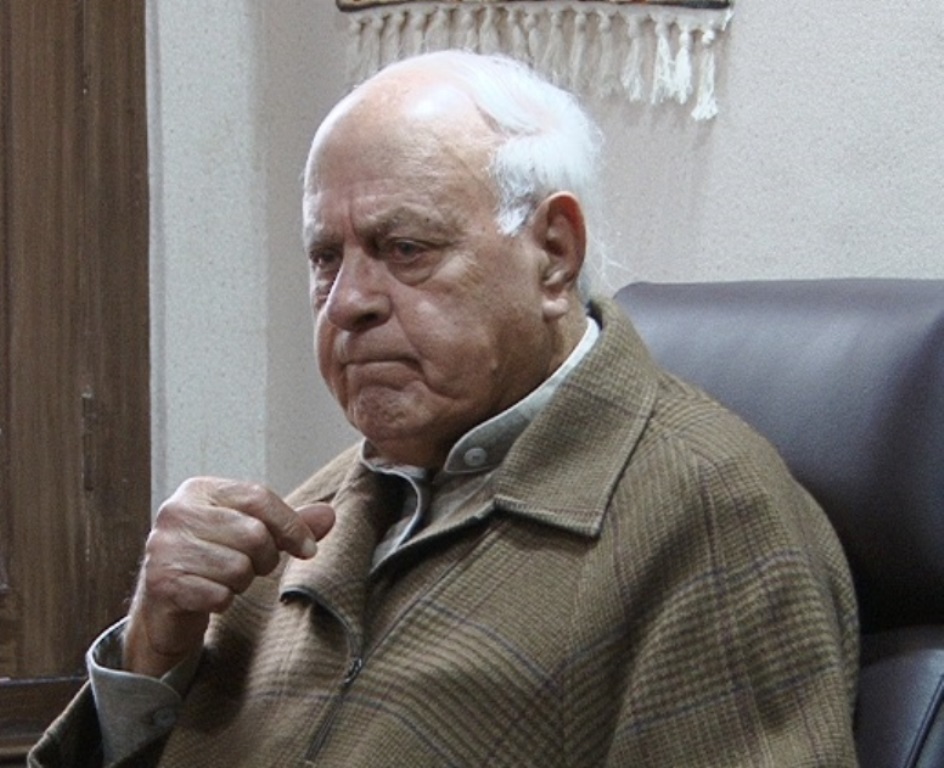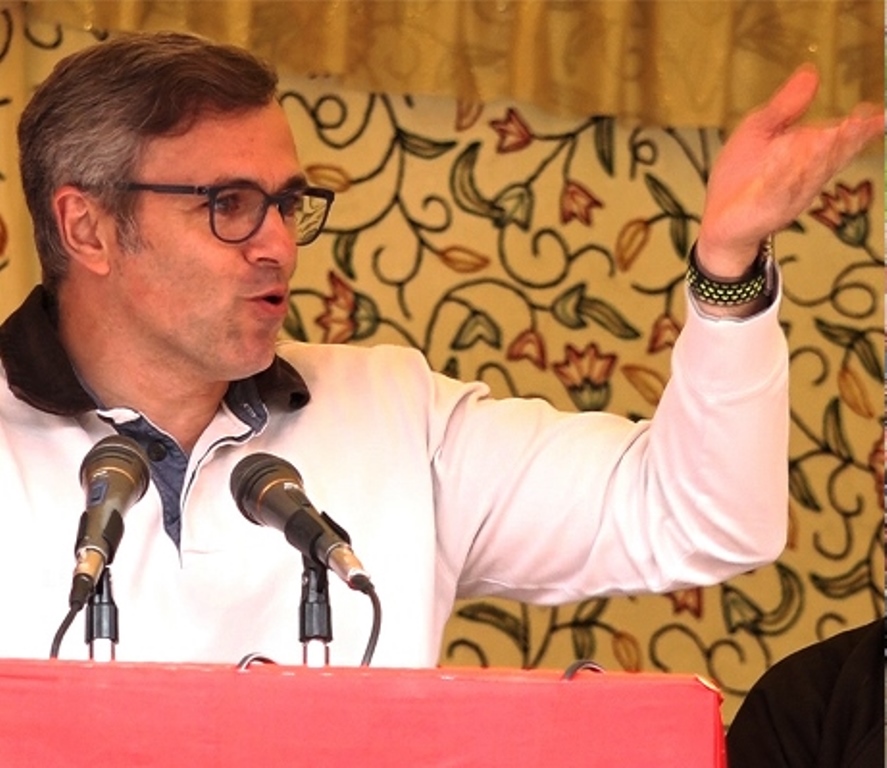SRINAGAR: In a highly anticipated case, the Supreme Court of India on Tuesday rejected a landmark petition seeking the recognition of same-sex marriage in the country, a blow for the queer community that denies tens of millions of LGBTQ+ couples the right to marry their partners.
The judgment, issued by the apex court, involved a batch of petitions seeking the legalisation of same-sex marriages in the country. The contentious issue sparked fervent debates on matters of equality, human rights, and personal freedoms.
In a lengthy judgement, the Supreme Court of India has called upon the government to establish legal recognition for same-sex couples, emphasizing the need to prevent discrimination against them. However, the Court refrained from integrating such couples into the existing legal framework of marriage.
In his judgment, Chief Justice of India D.Y. Chandrachud said that whether marriage equality is a legalised is something parliament must decide on, and it is not within the court’s remit to create new laws.
This case was brought forth by 21 separate petitions from members of the LGBT+ community, who contended that the denial of the right to marry infringed upon their constitutional rights, effectively relegating them to the status of “second-class citizens.”
The government, in response, contested these petitions. Their argument, made just five years after the decriminalization of gay sex in India, asserted that marriage is a sacred institution reserved exclusively for unions between a man and a woman. They further contended that those advocating for marriage equality represented an “urban elitist view seeking social acceptance.”
The case was presided over by the country’s most senior judge, Chief Justice DY Chandrachud, alongside four other Supreme Court justices. The proceedings continued until May 11 of this year, with the Court deliberating its verdict for more than five months thereafter.
While the judgment underscores the importance of granting legal recognition to same-sex couples, it falls short of amending the existing marriage laws to include them. This verdict signifies both a call to action and a recognition of the ongoing struggle for LGBTQ+ rights in India.
Last year, the issue was brought before the highest court in the land, as 18 same-sex couples filed petitions requesting the recognition of same-sex marriages under the Special Marriage Act, the Foreign Marriage Act, and the Hindu Marriage Act.
Earlier, during the hearing, the top court orally suggested that the petitioners should consider the idea of sitting with the government in a special committee and formulating a solution or a middle path. The Union government has also agreed to set up a committee to be headed by the Cabinet Secretary to examine the administrative steps it could take to address some of the concerns in connection with basic social benefits for same-sex couples.















